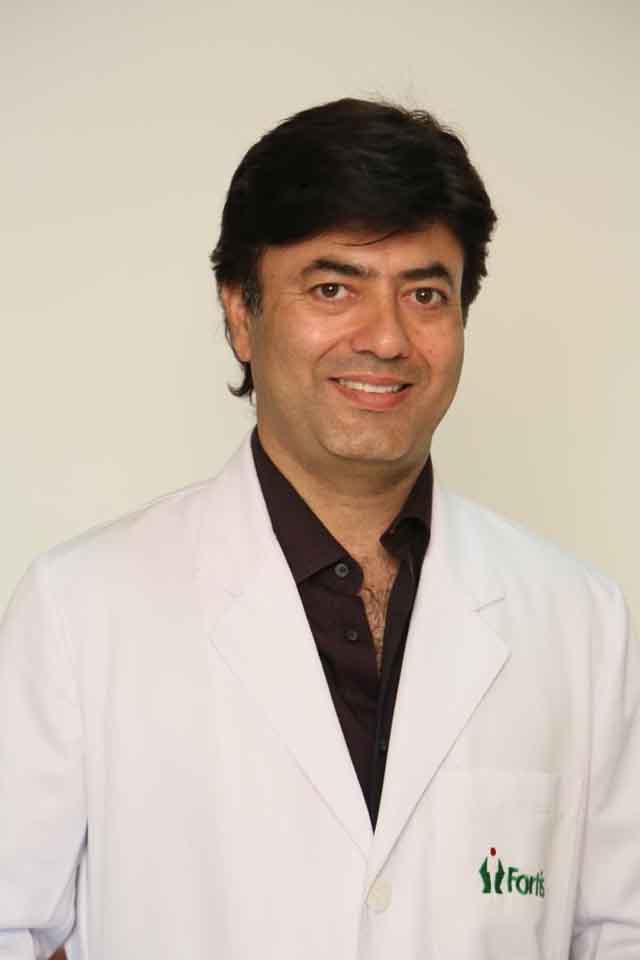Regular Health screening & Early diagnosis is crucial in Cancer Treatment, says Dr Rajeev Bedi
2 min read
Mohali, February 7, 2023: Cancer can grow in any organ or tissue of the body. It is the second leading cause of death globally and exerts tremendous physical, emotional and financial strain on individuals, families, communities and health systems across the world. According to the Health Ministry, more than 13 lakh cancer cases get reported in our country every year, while the disease claims more than 8.5 lakh lives during the same period.
To spread awareness on cancer, Dr Rajeev Bedi, Director, Medical Oncology, Fortis Hospital Mohali, through an advisory sheds light on the symptoms and diagnosis of the disease.
· Warning signs
Stating that the symptoms associated with cancer depends on which part of the body had been affected, Dr Bedi, added, “The most common signs include extreme fatigue, lump or skin thickening under the skin, weight loss such as unintended loss or gain, changes in skin such as yellowing, darkening or redness of the skin, sores that won’t heal, or changes to existing moles, changes in bowel or bladder habits, persistent cough or trouble breathing, difficulty swallowing, hoarseness, persistent indigestion or discomfort after eating, persistent, unexplained muscle or joint pain, unexplained fever or night sweats, unexplained bleeding or bruising.”
· Why is regular screening important?
Screening refers to the use of simple tests to identify individuals who could have the disease, but are not exhibiting any symptoms. These include tests for blood, urine, DNA and medical imaging-based examination. Screening is aimed at reducing the number of people who may develop or die from the disease, or prevent deaths from cancer altogether.
· Diagnosis & Tests
Dr Bedi said screening and diagnosis could help detect the disease early. Breast cancer patients undergo mammography or clinical breast examination, self-breast examination and magnetic resonance imaging, while cervical cancer screening includes pap smears, human papillomavirus test or visual inspection with acetic acid. Colorectal (colon) screening includes colonoscopy, sigmoidoscopy, fecal occult blood test (FOBT), double contrast barium enema and stool DNA testing. Prostate screening includes digital rectal examination (DRE) and prostate-specific antigen (PSA) tests. Cancer screening, confirmation and surveillance methods include ultrasound, digital mammography, Tru-cut biopsy, MRI, CT-scan and advanced techniques such as PET-scan and MR-spectroscopy. Other techniques such as immunohistochemistry (IHC), In Situ Hybridization (ISH, CSH), RT-PCR (real time- PCR), flow cytometry, microarray, Next Generation Sequencing (NGS) and liquid biopsy.
· Treatment options
Dr Bedi said once the cancer has been diagnosed, the Tumour Board comprising a surgeon, medical oncologist, radiation oncologist and other key specialists decide on the line of treatment. The most common approaches are surgery, chemotherapy, and radiation. “Nowadays, surgeries have become less invasive, less traumatic with better cosmesis. For example, Breast Conservative Surgery (BCS) allows us to spare breast tissue as much as possible. Newer options include targeted therapy and immunotherapy/check-point inhibitors. Precision Medicine is based on a patient’s individual characteristics. Radiation techniques also have made significant progress in the past few years.




